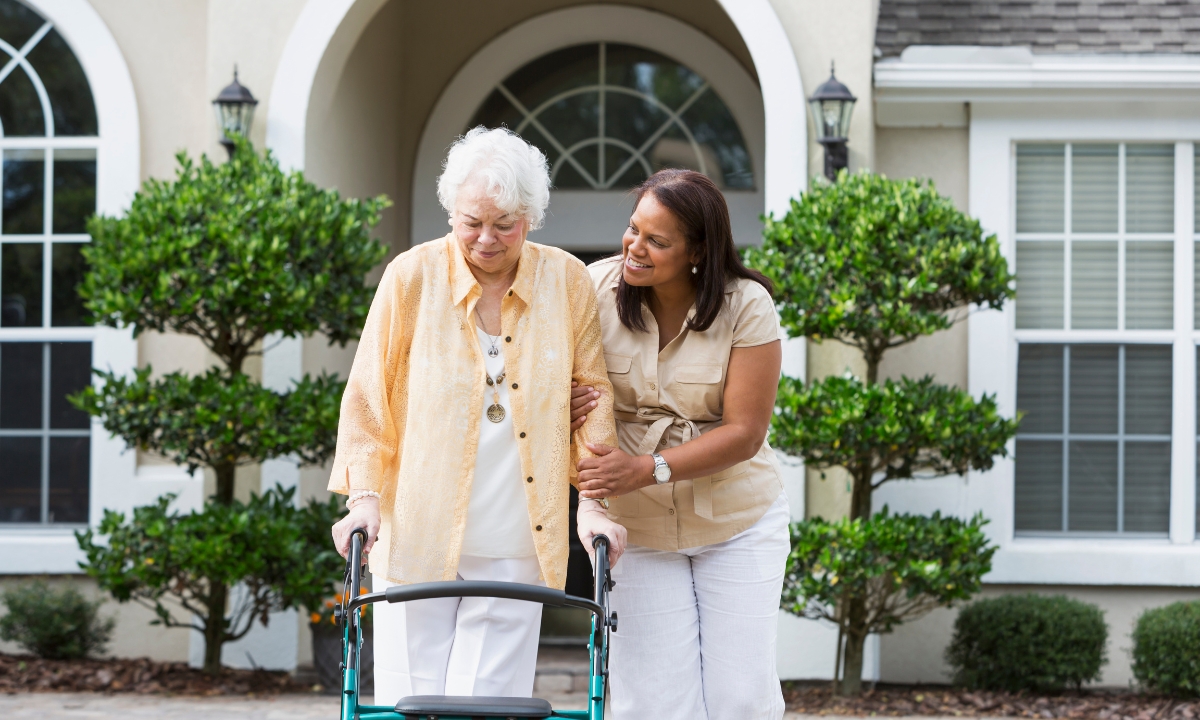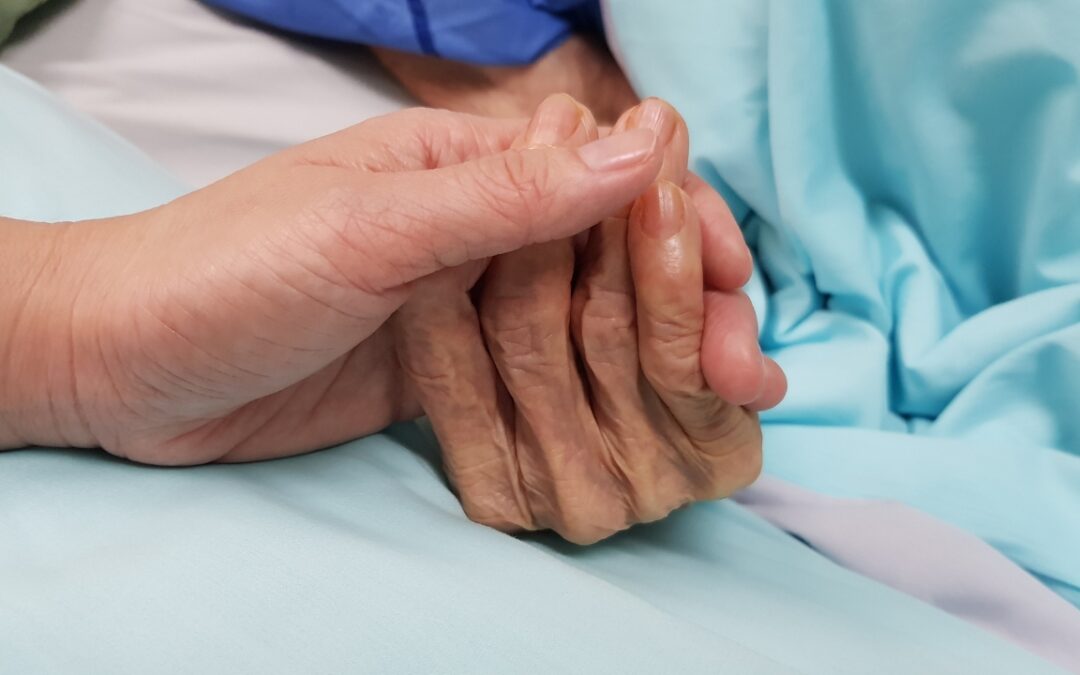Caring for a senior loved one as they approach the final stages of life is one of the most emotional and challenging experiences you may face. Whether they are living with a terminal illness or declining due to age, ensuring their comfort, dignity, and quality of life becomes the priority. Understanding end-of-life care options, including palliative care and hospice, can help you make informed decisions and provide the best support for your loved one during this time.

Understanding End-of-Life Care
End-of-life care refers to the medical, emotional, and spiritual support given to individuals in the final phase of life. The goal is not to cure an illness but to provide comfort, relieve pain, and offer support to both the individual and their family. Two of the most common approaches to end-of-life care are palliative care and hospice care, each offering different levels of support depending on your loved one’s needs.
What Is Palliative Care?
Palliative care is specialized medical care for people living with serious illnesses such as cancer, heart disease, dementia, or chronic respiratory conditions. Unlike hospice, palliative care can be provided at any stage of illness, even alongside curative treatments.
Palliative care focuses on several areas:
- Pain and symptom management – Addressing discomfort, nausea, shortness of breath, and fatigue.
- Emotional and psychological support – Helping seniors and their families cope with stress and uncertainty.
- Improved quality of life – Enabling seniors to continue daily activities with as much comfort as possible.
According to the Center to Advance Palliative Care, about 90% of hospitals with 300 or more beds offer palliative care services. These services are also available through home health programs, nursing facilities, and outpatient clinics. If your loved one is facing a serious illness, discussing palliative care options with their healthcare provider can help manage their symptoms while maintaining their independence.
What Is Hospice Care?
While palliative care can begin at any stage, hospice care is specifically for individuals who have a life expectancy of six months or less and are no longer seeking curative treatments. Hospice care is focused entirely on comfort, dignity, and support in the final months of life.
Hospice services typically include the following:
- Medical care – Nurses and doctors manage pain and symptoms.
- Personal care – Assistance with bathing, dressing, and daily needs.
- Emotional and spiritual support – Counselors and chaplains provide guidance for both the senior and their family.
- Bereavement and grief support – Families receive counseling and resources to cope with loss.
Hospice care can be provided at home, in a hospice facility, or within a nursing home or hospital. The National Hospice and Palliative Care Organization (NHPCO) reports that over 1.7 million Medicare beneficiaries received hospice services in 2022, highlighting its role in providing comfort during life’s final stages.
How to Choose the Right End-of-Life Care Option
Determining whether your loved one needs palliative or hospice care depends on their medical condition, treatment goals, and quality of life. If they are still undergoing treatments but need symptom management, palliative care may be the right choice. If their condition has progressed to the point where curative treatments are no longer beneficial, hospice care can provide compassionate, end-of-life support.
Talking to your loved one’s healthcare team can help clarify what care is best. It’s also important to consider their personal wishes, religious or spiritual beliefs, and comfort levels when making decisions.

Providing Emotional Support During End-of-Life Care
As a family member, you play a crucial role in providing emotional support to your loved one during this time. While it’s natural to feel overwhelmed, being present and offering reassurance can bring them comfort.
- Listen and honor their wishes – Give them the space to express their thoughts, fears, and desires for their final days.
- Create meaningful moments – Share favorite memories, play music they love, or simply hold their hand.
- Take care of yourself – Grief begins long before a loved one passes. Seek support from a hospice counselor, a therapist, or a support group.
- Grief Support for Families
Losing a loved one is never easy, and grief affects everyone differently. Many hospice programs offer bereavement counseling for families for up to a year after a loved one’s passing. Support groups, therapy, and community organizations can also help you process your emotions and find strength in shared experiences.
Some valuable resources:
- National Hospice and Palliative Care Organization (NHPCO) – Offers grief support and end-of-life resources
- The Dougy Center – Provides support for families coping with loss
- Hospice Foundation of America – Offers grief counseling and educational materials
How Reliant Home Care Services Can Help
At Reliant Home Care Services, we understand the challenges of end-of-life care. Our compassionate caregivers provide personalized support to help seniors live their final days with dignity and comfort while also assisting families through this difficult time.
Whether your loved one needs palliative care, hospice support, or grief counseling, we are here to help you every step of the way. You don’t have to go through this alone. Contact us today to learn how we can support your family during this journey.

